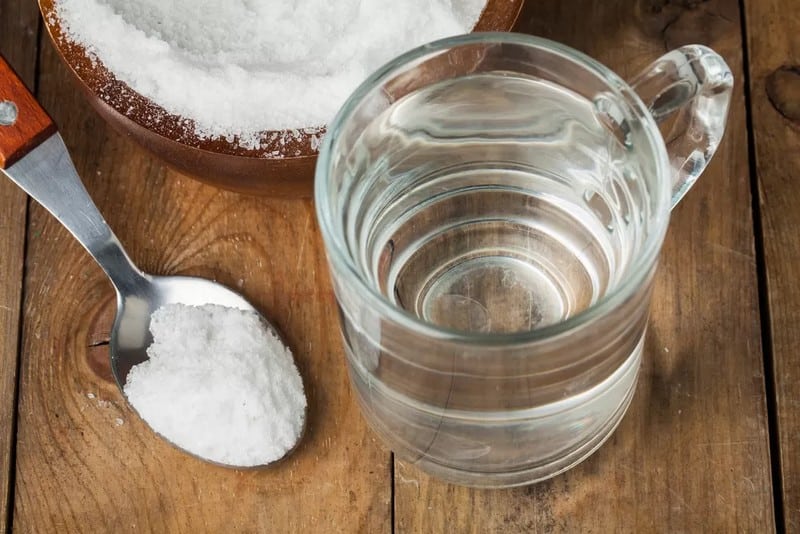Numerous health and lifestyle problems may cause gum pain, varying in severity and factors. Some people may have gum discomfort due to a gum ailment or because they are excessively cleaning their teeth. Other causes of gum discomfort include canker sores, irritation from dental equipment such as retainers or dentures, oral thrush, and, while uncommon, mouth or throat cancer. It may be caused by hormonal fluctuations, pregnancy, or menopause in women, and it might occur around the time of their menstruation. Gum pain can also indicate gingivitis, which causes gums to bleed often, or fungal infection that causes a yellowish film to build in the mouth and throat. This may also progress to periodontitis, a dangerous infection that can develop without gingivitis treatment.
However, a handful of home remedy solutions might provide quick relief. Most treatments reduce oral irritation, eliminate dangerous germs, or serve as a numbing agent for minor problems. Moreover, most gum pain conditions may be avoided by consistently flossing and seeing your dentist every six months.
Gum pain may be reduced or eliminated in mild cases with home treatments. However, visit your healthcare provider if the gum pain is severe and persistent to avoid further complications.
Saltwater Rinse

Saltwater is one of the most frequent treatments for gum pain and other dental problems. Saltwater is a natural disinfectant that may assist in removing food particles from between the teeth. Additionally, the mixture may decrease inflammation and eliminate the germs on the gums responsible for foul breath and cavities. It brings the normal ph level of the mouth and soothes sensitive gums. Anti-inflammatory qualities also contribute to the reduction of any swelling in the gums.
Heat at least one cup of water on the stove, but do not bring it to a boil. Mix 1 teaspoon of salt into the heated water. When finished, gargle the liquid in your mouth and spit it into a sink. At least twice daily, rinse your mouth with salt water until the swelling reduces.
The alkaline environment created by salt in the mouth limits bacterial survival and growth. Moreover, salt has inherent healing powers. Consequently, a saltwater rinse may assist in recovery and healing after any form of tooth trauma or oral surgery. However, if you suffer from severe periodontal disease, excessive use of saltwater rinses might irritate the gums, resulting in substantial bleeding.










